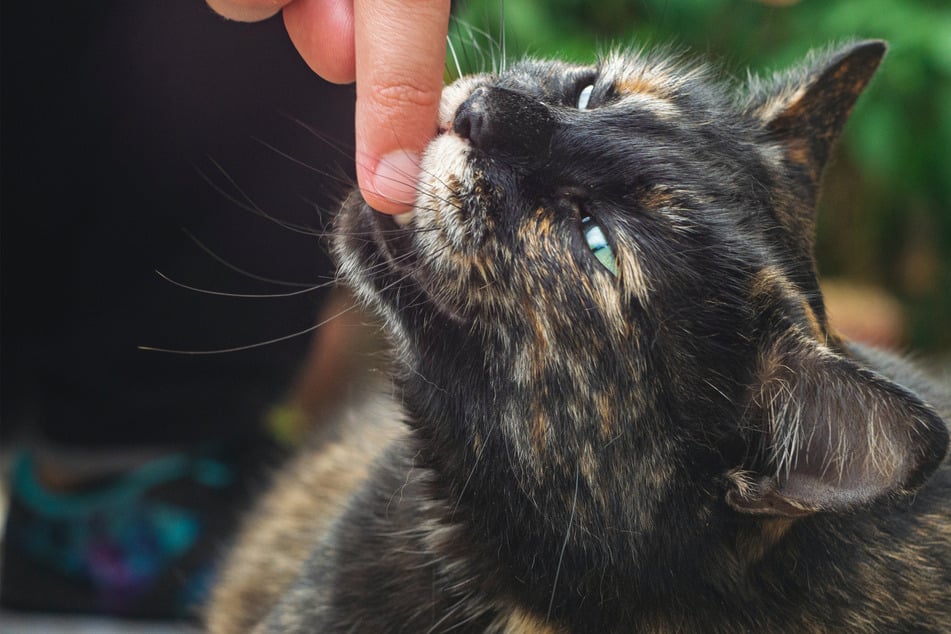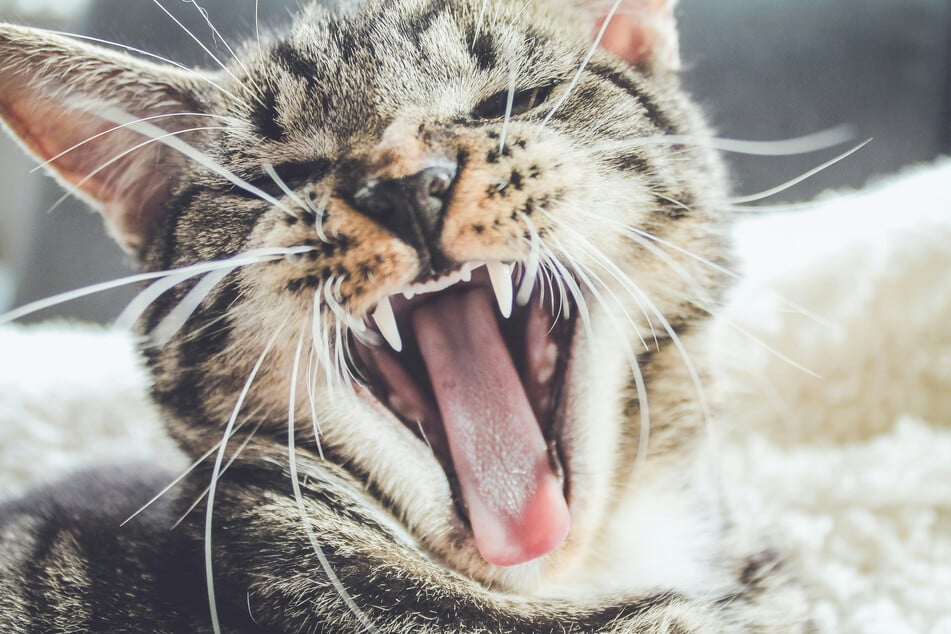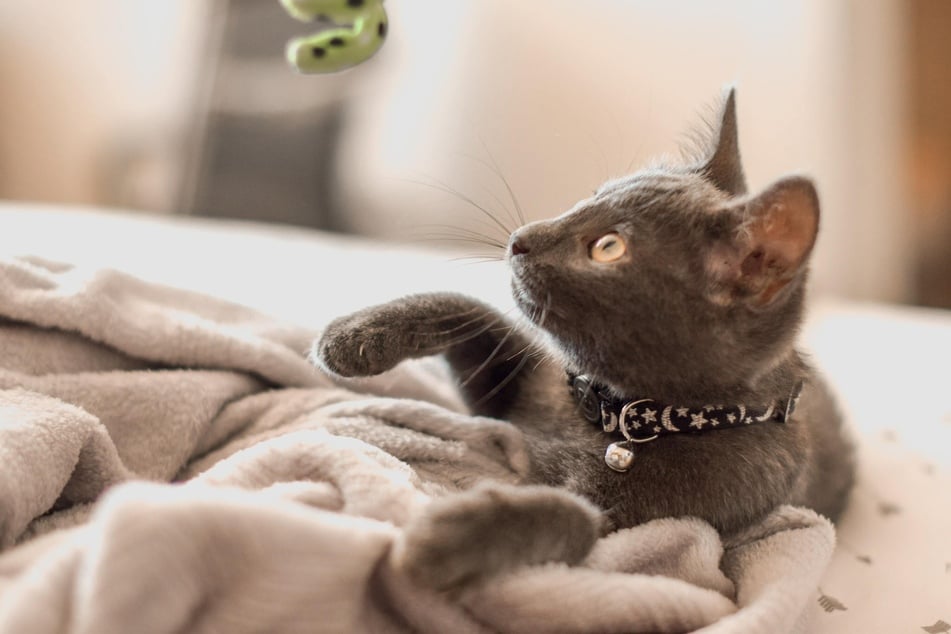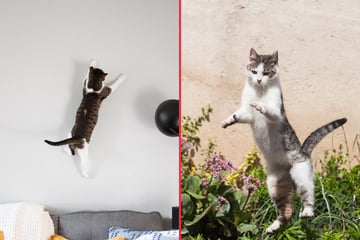Why does my cat bite my feet and fingers?
Playful and happy kittens like to play, but many new cat owners will mistake playfulness for aggression. Many people have wondered "Why my cat bites my feet" at some point or another, and it's time to investigate.

There are few things more common than the biting habits of cats. They like to chew on things, whether it's grass, carpet, blankets, or their human's various appendages. The problem, though, is that a misplaced and overly enthusiastic cat bite can draw blood, and cause significant pain - it's not ideal, and it needs to be dealt with. So why is your cat is attacking your feet and fingers?
Why is my cat biting my feet and fingers?
When house cats attack the hands and feet of their owners, they're usually just trying to play. Cats are very rarely aggressive and when they are, there is usually a good reason for their behavior.
A cat's natural hunting instinct leads it to "mistake" people's individual toes and fingers for prey. This explains why toes that peek out from under the blanket are particularly enticing targets.
Important: Kittens tend to give in to this basic instinct, as they are still figuring out what good and bad behavior is. Try not to worry if your kind kitten is biting and scratching a lot, it is still growing up!

Why do adult cats bite fingers and toes?
Adult cats that are still attacking hands and feet might be doing so for a different reason - boredom. If a house cat doesn't have enough toys, or isn't sufficiently occupied, it will look for something to do (or bite).
In addition, there may be other more serious reasons as to why the cat is attacking. For example, if a cat is really scared, it might respond aggressively every time it is approached. Cats also like their quiet time, and if this is not respected, they sometimes lash out. That's why children should be taught not to approach a cat when it's taking its nap, because the cat might attack.
Biting might also be an indication that the cat is in pain. This could be the case if you notice that the cat snaps at you when you touch a certain part of its body, or if it seems to be suffering from general discomfort.
A visit to the vet will help you figure out what's going on, so don't put things off for long if your cat has suddenly become increasingly aggressive.
How to stop my cat from biting my hands and feet

If your cat is constantly biting your hands and feet, the best thing you can do is get it better trained as soon as possible. The speed of this process is incredibly important because older cats are usually more difficult to re-educate.
So, if your kitten keeps attacking your fingers and toes, this behavior should be met with an immediate and clear "No!" However, it's worth saying that it helps to be forgiving and offer an alternative activity after you discipline it. A small ball, a feather string, or a toy should do the trick.
Giving the cat something to play with has an added bonus: It tires out your cat! A tired cat is a peaceful cat. Likewise, contact with other feline friends or regular outdoor play can help keep a cat from using up its energy on human toes.
Here are a few great cat toys to help stop your cat from biting:
- Get your kind kitty a selection of great fluffy toys to play with, giving it something to attack and bite instead of your leg.
- Balls and fast moving pouches can work great, especially if they integrate a unique hide and seek game that lets your cat exercise its hunting.
- A fabulous all-in-one cat scratcher pad with interactive toy games and puzzles can be a space-efficient and fun little toy for your cat to play with.
- Cats love tunnels and pretty much anything that they can hide within and get a little bit wild. This tunnel tube is a great option, or even this fluffy cat tunnel.
- Your cat will go especially wild for anything that shoots projectiles. As a result, we'd very much recommend a kitty toy launcher.
- Finally, a selection of feathers and other tickling toys are a great way to keep you cat entertained and tire it out quickly.
Another way to teach your cat that aggressive behavior is a no-no is to just simply ignore them and not give them your attention. Cats bite and attack your fingers and toes every now and again - but with a bit of discipline, this'll be less of a problem!
Cover photo: Unsplash/Herman Delgado



